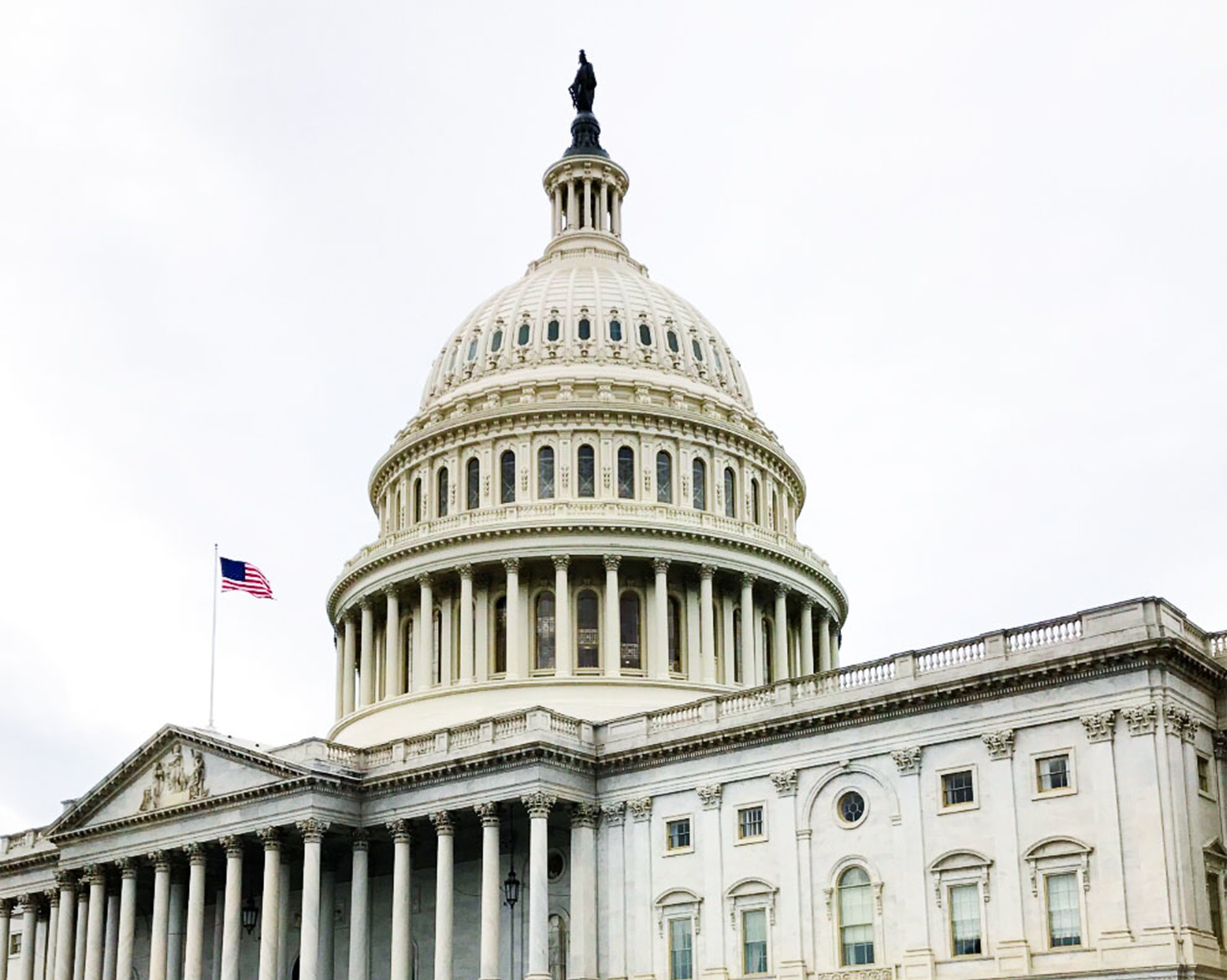“Our every move is being tabulated, tracked and sold to the highest bidder,” Jeff Chester, the executive director of a Washington anti-advertising organization called the Center for Digital Democracy, said ominously at the opening of the FTC “town hall” on online behavioral targeting.
 Yikes! Really?
Yikes! Really?
As I sit through this FTC presentation, I’m reminded that American consumer culture – a backbone of U.S. economic growth from the beginnings of the nation – has long been paralleled by a smaller but quite vocal anti-consumerist tradition.
The first tendency is known to all of us, and has long been recognized. Alexis de Tocqueville, writing in the early 19th century, observed that “without exception, travelers to the United States found the most striking feature of the American character to be the obsession with business and wealth.” This obsession manifested itself in the acquisition of goods – “conspicuous consumption,” the sociologist Thorstein Veblen labeled it.
Desire to Acquire
This desire to advance, continually and publicly, has been a driver of U.S. economic growth. We acquire things because it shows off our personal growth, our success, our maturity. To acquire, we strive to make more money. To serve our desire to acquire, businesses innovate. And some of that innovation aims to make people feel richer than they are. “Among a democratic population all the intellectual faculties of the workman are directed to these two objects,” Tocqueville wrote. “He strives to invent methods that may enable him not only to work better, but more quickly and more cheaply; or if he cannot succeed in that, to diminish the intrinsic quality of the thing he makes, without rendering it wholly unfit for the use for which it is intended. When none but the wealthy had watches, they were almost all very good ones; few are now made that are worth much, but everybody has one in his pocket. Thus the democratic principle not only tends to direct the human mind to the useful arts, but it induces the artisan to produce with great rapidity many imperfect commodities, and the consumer to content himself with these commodities.”
But that consumerist impulse has made other Americans, a minority, to be sure, deeply unhappy.. “We are united by what we are being sold,” the writer Naomi Klein, author of No Logo and other books critical of consumerism and the latest darling of the anti-capitalists, has said, “There is no escape.” She follows an anti-consumerist line that stretches all the way back to Thomas Jefferson’s agrarian idealism, which stood in stark contrast to the rapacious mercantilism Jefferson perceived in John Adams’s Boston.
For some reason, and for several decades, such anti-growth reactionaries have aimed particular venom at advertising. Advertising is the public face of a capitalism they revile. Their arguments are, at times, contradictory. Advertising, in their formulation, is the generator of unnecessary mass wants and needs. Yet it also segments us in ways that subvert the American consensus.
The anti-consumerist tendency has been on display here at the FTC hearings on behavioral targeting — and so have the contradictions. “Online marketers can eavesdrop on members of social networks,” Mr. Chester said. Yet he added that online advertising “has profound implications for the future of democracy, for whether or not we’re going to have a diverse array of voices.”
Ads Create Diversity
That latter comment was made without irony.Mr. Chester and other critics seem not to see that the diversity of voices links inexorably to the availability of online advertising. I noted in my first Clog posting from the FTC that the promise of online advertising has contributed to greater communications diversity and accessibility than ever in our history: 12 million Americans blogging; 1.3 million Americans supplementing their income by selling on eBay; 41 million resumes posted for free on Monster.com; 500 million free email accounts from Yahoo!, Google, and MSN alone.
While several of the anti-consumer advocates here today expressed admiration for the European Union’s stricter rules regarding online data use and privacy, those come at a significant cost they did not acknowledge – until Tacoda founder (and IAB board member) Dave Morgan noted it. “There’s dramatically less free content and services available to European consumers,” he said. “It’s not for lack of technology infrastructure. Rather, it’s they are being offered on a paid subscription basis.” Thus is the digital divide larger in Europe than in the U.S. “Online advertising and the capital investments companies are making to get it is a $20 billion, $30 billion subsidy paying for free content and free services,” Mr. Morgan said.
None of this is meant to imply that there are not serious issues relative to data retention and use. One FTC panelist, Kathryn C. Montgomery, a communications professor at the American University, has done important work helping to assure that advertising to children adheres to appropriate strictures. Yet even Prof. Montgomery revealed herself less as an opponent of bad actors, but as an opponent of online advertising generally. “Digital technologies enable companies to track every move, online and off, compiling elaborate personal profiles, and aggregating that data across different media,” she fretted.
But many of the concerns about behavioral targeting lie somewhere between diseconomic and mythical. Responding to Prof. Montgomery, Dave Morgan said here today, “I don’t know any companies that are behaviorally targeting ads at children. That’s the third rail, as we’d say in New York.”
“My Mother” Rules
“I use ‘my mother’ rules,” Mr. Morgan added. “If my mother would be uncomfortable with it, we shouldn’t do it.”
Equally important, of what concern is it, if the data collected are anonymous and aggregated and used to create more relevant – and thus more user-friendly – advertising? Another panelist here, Larry Ponemon, chairman of a research think tank, unveiled research indicating that more than half of Americans believe that an online ad that targets individuals’ preferences or interests improves or greatly improves their online experience. Fully 86 percent said they would prefer to accept relevant advertising, rather than pay for content. “There is an opportunity,” Dr. Ponemon said, “to educate people about internet economics.”
That is very true – and it’s moved beyond major opportunity to a must-do for our industry. We really have to continue to work,” said Ralph Terkowitz, a general partner at ABS Capital Partners, and a former CEO of the Washington Post’s electronic publishing subsidiary, “to drive transparency, to drive education, and to create policies to deal with those actors who are not interested in transparency, education and ease of use.”


